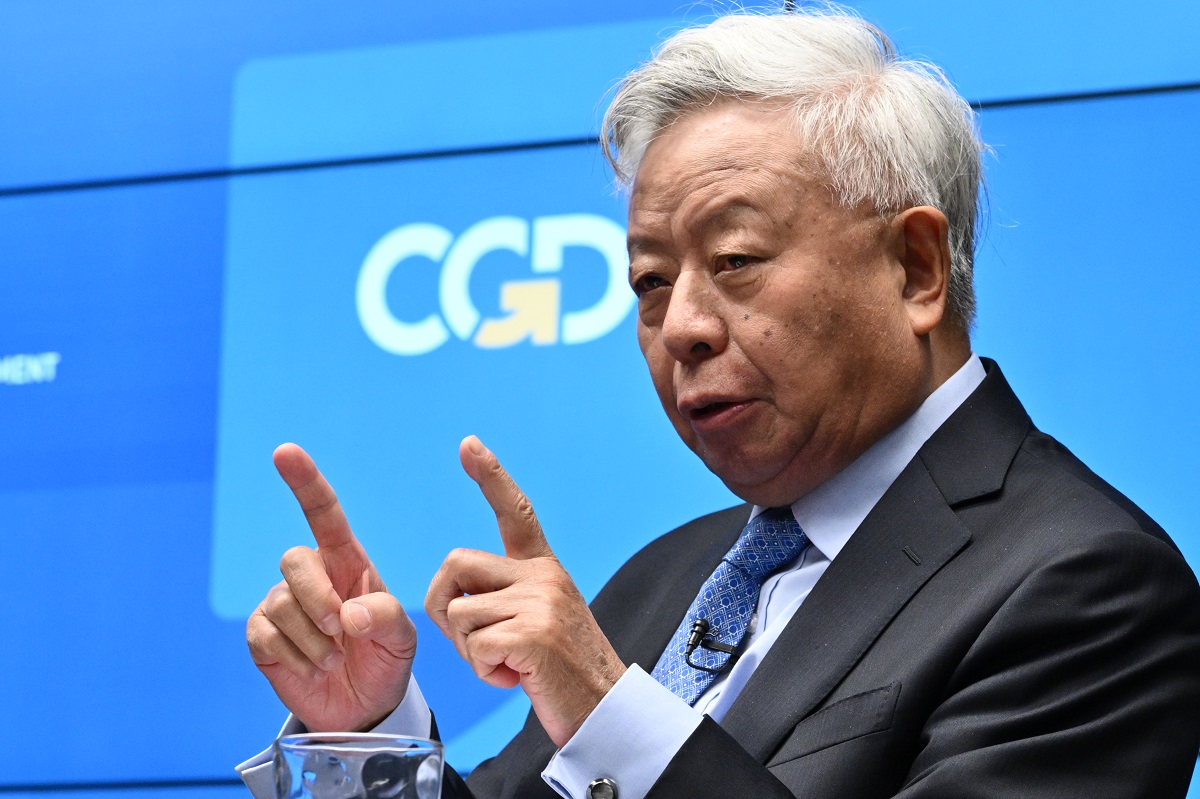Robert Kaplan of The Coming Anarchy fame (how scarcity, crime, overpopulation, tribalism, and disease are rapidly destroying the social fabric of the planet, especially Africa) has a new short piece in The Atlantic on the US military's development of a central Africa Command, or AFRICOM.Kaplan, like AFRICOM's sponsors, sees it as a basis for launching anti-terrorism operations, for promoting of good governance abroad, and (most significantly) for civilian-military cooperation in foreign aid. Such civil-military coordination in aid, it is argued, brings at least two key benefits: coordination of foreign policy goals and investments, and military expertise in logistics and security.What is keeping us from realizing these gains? According to Kaplan, it is not the leaders of non-governmental organizations (or NGOs), but their "young and idealistic volunteers who must get over their inherent distrust of the American military." After seven years of working with humanitarian and development organizations in the field, I can confirm the widespread misgivings about the military among NGO volunteers, employees, and leaders--young and old alike. Let us consider, however, that these experienced men and women may have a point. In my personal blog, I take a close look at Kaplan's argument. Here let me focus on just two main points.First, the delivery of aid and assistance does indeed require complex logistics. What these humanitarian workers know from experience, however, is that speed and efficiency are not the hallmarks of effective and sustainable aid. Rather, effective assistance requires close community ownership and participation--itself largely a function of empowerment, trust, and participation. While the average aid agency often performs these tasks all too poorly, humanitarian workers fear that the military is not equipped to build such relationships (and may even undermine NGO efforts by association).Second, we should be even more cautious of further co-mingling of humanitarian and foreign policy goals. Foreign aid can (and, according to the rules of realpolitik, should) work to promote American interests abroad. We should first ask, however, whether short-term military and foreign policy objectives are often or even sometimes consistent with our society's ideals of using aid to alleviate suffering and foster freedom.For instance, recently I blogged about a USAID official who resigned from his position, disappointed that the U.S. aid machine was more focused on exporting the Homeland Security Act that is was with actual empowerment, development, or democratization. If true, is this the direction in which we want to further steer U.S. humanitarian policy?More importantly, we should worry that further fueling the belief that U.S. aid is a tool for promoting American interests will taint that assistance with an aura of self-interest and manipulation rather than one of generosity. We must honestly ask ourselves if any loss in the trust and effectiveness of U.S. assistance is worth whatever individual security objectives are accomplished.Overall, I worry that the U.S. military is trying to burnish its image by fastening itself to the one of last remaining American programs of esteem, support, and credibility abroad.Let AFRICOM open. Let us celebrate its efforts to counter terrorism, to coordinate and support peacekeeping efforts, and to train and shore up professionalism in African militaries. Let us leave, however, the winning of hearts and minds to those most experienced and capable, and those unencumbered by weapons and the whiff of self-interest.
CGD blog posts reflect the views of the authors, drawing on prior research and experience in their areas of expertise.
CGD is a nonpartisan, independent organization and does not take institutional positions.



